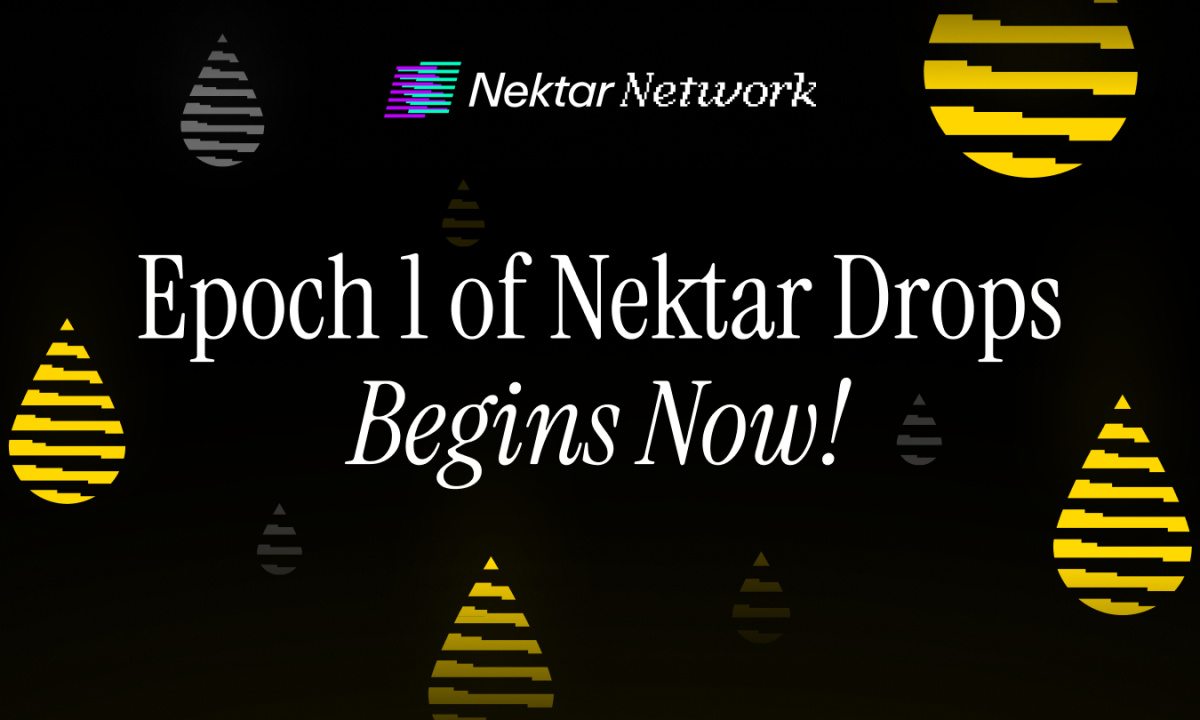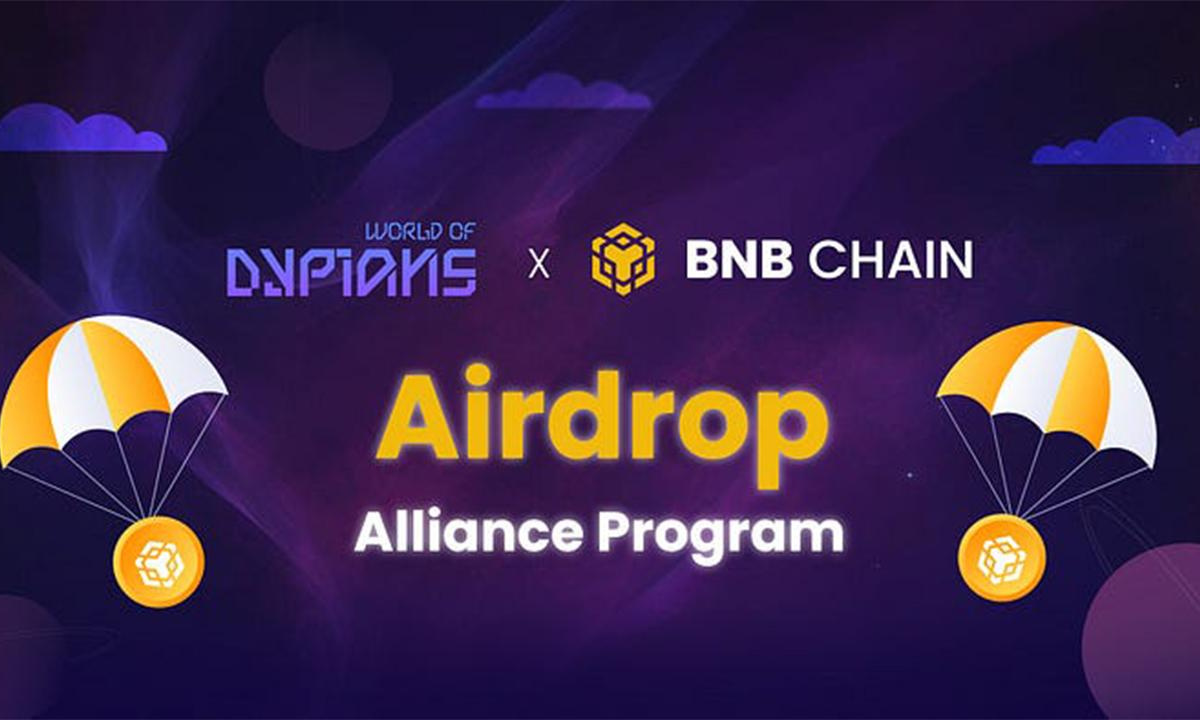Gemini Outrageously Opposes Genesis’ Chapter 11 Bankruptcy Plan
Key Points:
- Gemini and others challenge Genesis’ bankruptcy plan, citing unclear terms and inadequate guarantees.
- DCG’s preliminary deal with Genesis aims to settle creditors’ claims, potentially offering 70%–90% recovery for unsecured creditors.
- Struggling post-FTX collapse, Genesis holds $630 million in unsecured loans and a $1.1 billion promissory note.
Gemini, along with two other creditor groups, has expressed opposition to the bankruptcy resolution proposal put forth by Genesis, a crypto lender currently undergoing Chapter 11 proceedings.
The objection centers on the lack of comprehensive details and assurances for prominent debtors within Genesis’ plan. Similar concerns have been raised by two additional specialized creditor factions.
In a recent filing, Gemini’s legal representatives underscored that the proposed resolution lacked substantial specifics despite being labeled an “agreement in principle” between Genesis, the Commission, and Digital Currency Group (DCG).
The ongoing commitment to address DCG claims through mediation extensions, hearing postponements, and bid deadline extensions has raised questions about the execution of these pledges.
DCG had previously reached a preliminary agreement with the creditors of Genesis. Genesis had filed for Chapter 11 earlier this year following a liquidity crisis attributed to the downfall of crypto exchange FTX.
According to Genesis’ parent company, DCG, the crypto lender grapples with liabilities totaling $630 million in unsecured loans, coupled with a $1.1 billion unsecured promissory note due in 2032.
The proposed in-principle deal envisions DCG orchestrating fresh debt facilities and a repayment arrangement, including a $328.8 million first-lien facility with a 2-year maturity and an $830 million second-lien facility with a 7-year maturity.
DCG’s strategy outlines four installment payments totaling $275 million to creditors, aiming to yield returns ranging between 70% and 90% for unsecured creditors in U.S. dollars, with an anticipated recovery spectrum of 65% to 90% based on the digital asset denomination.
DISCLAIMER: The information on this website is provided as general market commentary and does not constitute investment advice. We encourage you to do your own research before investing.




















